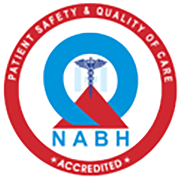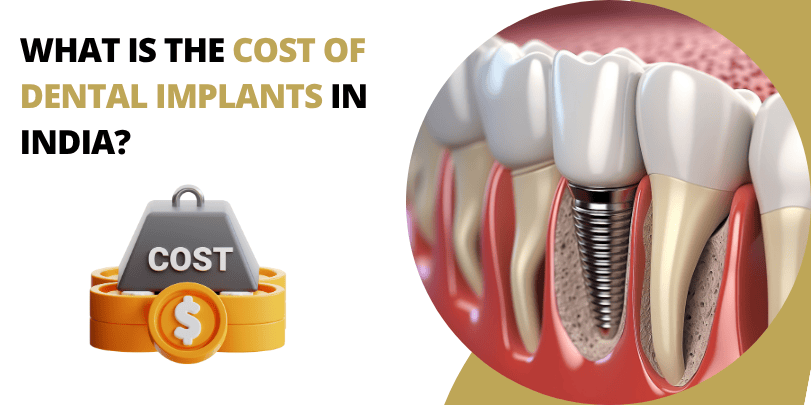Most people experience jaw pain at some point in their lives. For some, it’s a dull ache that comes and goes. For others, it’s sharp, uncomfortable, and hard to ignore. Many of us blame it on stress, and while stress is often a contributing factor, jaw pain can stem from a wide range of causes, some of which require medical attention.
This blog breaks down everything you need to know: what might be causing your jaw pain, how to get relief, and what lifestyle changes can help you prevent it in the long run.
What Exactly Is Jaw Pain?
Jaw pain refers to any discomfort in the area where your lower jaw (mandible) connects to your skull. This area includes bones, muscles, joints, and nerves, so pain can have multiple sources. It’s often most noticeable when you talk, chew, yawn, or wake up in the morning with a stiff or sore face.
Common Causes of Jaw Pain
What could be behind your jaw discomfort?
1. Temporomandibular Joint Disorders (TMD or TMJ Disorders)
The temporomandibular joints (TMJ) are the two joints that connect your jaw to your skull, one on each side of your head. These joints allow your jaw to move up and down and side to side basically everything you need to eat and speak.
When something goes wrong with these joints or the surrounding muscles, you may develop TMD. Symptoms include:
- Pain or tenderness in the jaw
- Clicking or popping sounds when opening your mouth
- Locking of the jaw
- Difficulty chewing
What causes it? Stress, arthritis, injury, teeth grinding, or even poor posture.
According to the Cleveland Clinic, around 10 million Americans suffer from TMD. It can range from mild discomfort to chronic pain that impacts quality of life.
2. Bruxism (Teeth Grinding or Clenching)
This is more common than you think and often happens at night when you’re not aware of it. Clenching your teeth repeatedly puts pressure on your jaw muscles and joints.
Signs you might be grinding your teeth:
- Sore jaw in the morning
- Headaches
- Worn-down teeth
- Increased tooth sensitivity
Stress, anxiety, sleep disorders, and even caffeine or alcohol can contribute to bruxism.
3. Dental Problems
Toothaches don’t always stay localised, sometimes, that pain spreads to the jaw. You might be dealing with:
- Cavities
- Gum infections
- Cracked teeth
- Abscesses
- Impacted wisdom teeth
Jaw pain linked to dental problems is often sharp, one-sided, and worsens when you eat or drink something hot, cold, or sweet.
4. Arthritis
Yes, arthritis can affect your jaw. Osteoarthritis (wear and tear) or rheumatoid arthritis (inflammation) can both target the TMJ.
This causes:
- Joint stiffness
- A grinding sensation when you move your jaw
- Swelling or tenderness in the area
5. Sinus Infections or Pressure
Your upper jaw sits close to your sinuses. If you’re congested, dealing with allergies, or have a sinus infection, you might feel a dull ache in your jaw especially around your cheeks and temples.
ALSO READ- A Comprehensive Guide to Understanding Jaw Pain
What Does Jaw Pain Feel Like?
Symptoms vary based on the cause, but commonly reported sensations include:
- A dull ache or sharp pain in one or both sides of the jaw
- Clicking or popping when you move your jaw
- Pain that spreads to the ears, neck, or head
- Difficulty chewing
- A sensation of tightness or pressure in the face
How Can You Get Relief?
Some cases of jaw pain go away on their own. But if it persists, it’s worth exploring some effective relief options:
At-Home Remedies- Warm compresses: Help relax muscles and improve circulation
Cold packs- Reduce inflammation and numb sharp pain
Gentle jaw exercises- Stretching can improve mobility
Avoid chewy foods- Give your jaw time to rest
OTC pain relievers- Ibuprofen or acetaminophen for mild pain
Lifestyle Changes That Can Help
Sometimes, managing jaw pain is about changing your daily habits.
- Manage Stress
Stress is one of the biggest triggers for teeth grinding and clenching. Try:
Deep breathing exercises
Yoga or gentle stretching
Regular exercise
Journaling or mindfulness techniques
- Mind Your Posture
Leaning forward for hours at a desk or phone can strain your jaw. Keep your back straight, and don’t rest your chin on your hand for long periods.
- Get Better Sleep
Try to sleep on your back and avoid stomach-sleeping (which can push your jaw to one side). If you grind your teeth, consider wearing a night guard. Your dentist can help you with one.
When Should You See a Dentist or Doctor?
If your jaw pain:
- Lasts more than a week
- Keeps coming back
- Worsens over time
- Comes with swelling or fever
- Is making it hard to open or close your mouth
… then it’s time to see a professional. You may need an X-ray, dental exam, or even a referral to a TMJ specialist.
What Are Medical Treatment Options?
Depending on the diagnosis, your provider might suggest:
Custom night guards or splints: To prevent grinding
Physical therapy: To improve jaw function
Prescription medications: Muscle relaxants, anti-inflammatories, or anti-anxiety meds
Dental work: To fix misaligned bites or damaged teeth
Surgery (in rare cases): If structural issues are severe
The Takeaway
Jaw pain might start off feeling minor- a little tightness in the morning or a faint ache after chewing. But don’t ignore it. What seems like a passing issue could point to a bigger problem involving your teeth, joints, or even mental health.
With a little attention, care, and, when needed, professional guidance, most people can find lasting relief from jaw pain.

 Australia No
Australia No Canada No
Canada No India Toll Free No
India Toll Free No UK No
UK No USA No
USA No














